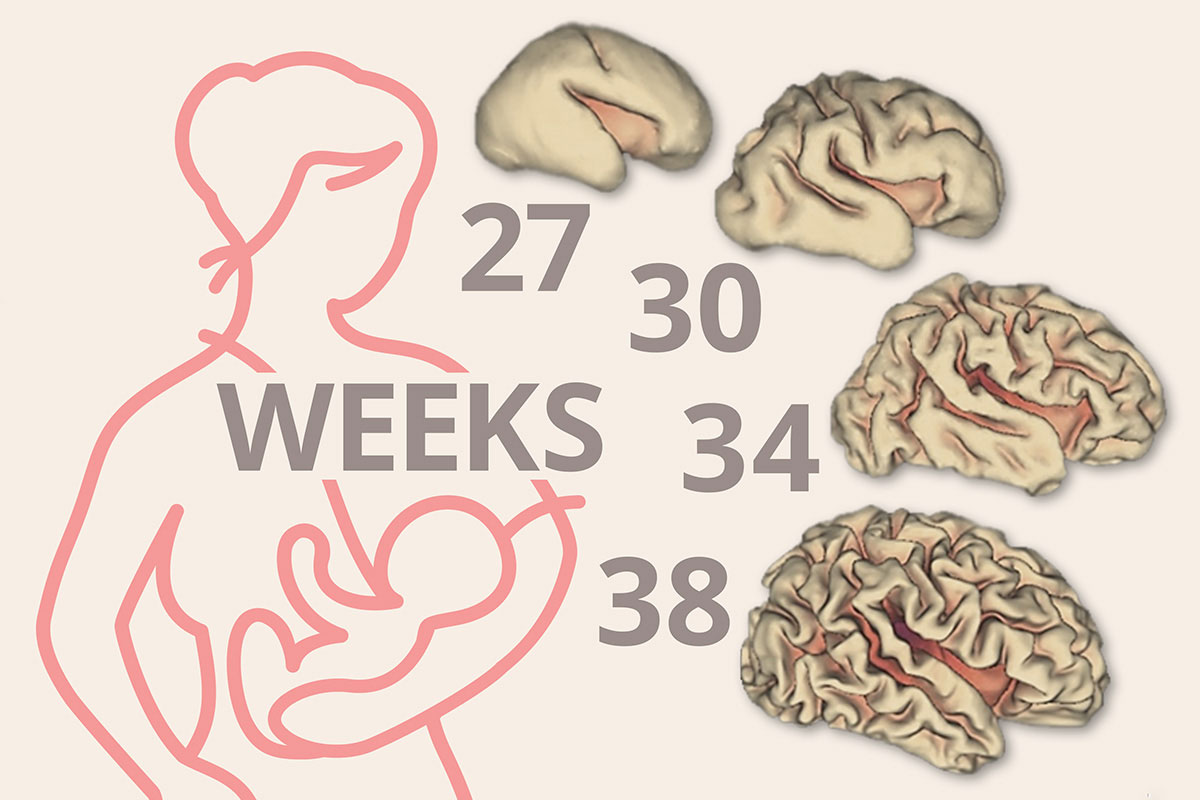 Source: bing.com
Source: bing.comPremature babies are those who are born before the 37th week of pregnancy. These babies need special care to help them grow and develop just like full-term babies. One of the most important aspects of premature baby care is brain development. In this article, we will discuss how to help premature babies brain development.
Table of Contents
1. Kangaroo Care
Kangaroo care is a method of holding a premature baby skin-to-skin with a parent. This method helps to regulate the baby’s body temperature, breathing, and heart rate. It also promotes bonding between the baby and the parent. Studies have shown that kangaroo care can help improve premature babies’ brain development by increasing their sleep time and quiet alertness.
2. Proper Nutrition
Proper nutrition is essential for premature babies’ brain development. Premature babies need more calories and nutrients than full-term babies to help them grow and develop. Breast milk is the best source of nutrition for premature babies, as it contains all the nutrients that they need. If a mother cannot produce enough breast milk, a doctor may recommend supplementing with formula.
3. Adequate Sleep
Sleep is important for all babies, but it is especially important for premature babies’ brain development. Premature babies need more sleep than full-term babies, and they need to be allowed to sleep as much as possible. Parents should create a consistent sleep routine for their premature baby, and they should try to limit the baby’s exposure to noise and light during sleep time.
4. Sensory Stimulation
Sensory stimulation can help premature babies’ brain development by providing them with opportunities to learn and explore their environment. Parents can provide sensory stimulation by talking to their baby, singing to them, and showing them colorful toys. However, it is important to avoid overstimulation, as this can be harmful to premature babies.
5. Early Intervention Services
Early intervention services can help to identify and treat any developmental delays or disabilities that a premature baby may have. These services may include physical therapy, occupational therapy, speech therapy, and developmental assessments. Early intervention can help to ensure that a premature baby reaches their full potential.
Conclusion
Premature babies need special care to help them grow and develop. Brain development is an important aspect of premature baby care, and parents can help to support their baby’s brain development by providing kangaroo care, proper nutrition, adequate sleep, sensory stimulation, and early intervention services.
If you have a premature baby, it is important to work closely with your doctor to ensure that your baby is receiving the care that they need. With the right care and support, premature babies can grow and develop just like full-term babies.
Frequently Asked Questions
Q: How can I tell if my baby is developing normally?
A: Your doctor will monitor your baby’s growth and development at regular check-ups. If you have any concerns about your baby’s development, talk to your doctor.
Q: Can premature babies catch up with full-term babies?
A: Yes, with the right care and support, premature babies can catch up with full-term babies.
Q: What are some signs of delayed development?
A: Some signs of delayed development include not meeting developmental milestones, difficulty with feeding or sleeping, and lack of interest in the environment.
Q: Can premature babies breastfeed?
A: Yes, premature babies can breastfeed. However, they may need extra support, such as a special feeding tube or nipple shield.
Q: How long do premature babies need special care?
A: The length of time that a premature baby needs special care depends on their individual needs. Some premature babies may need special care for several months, while others may need it for a year or more.
